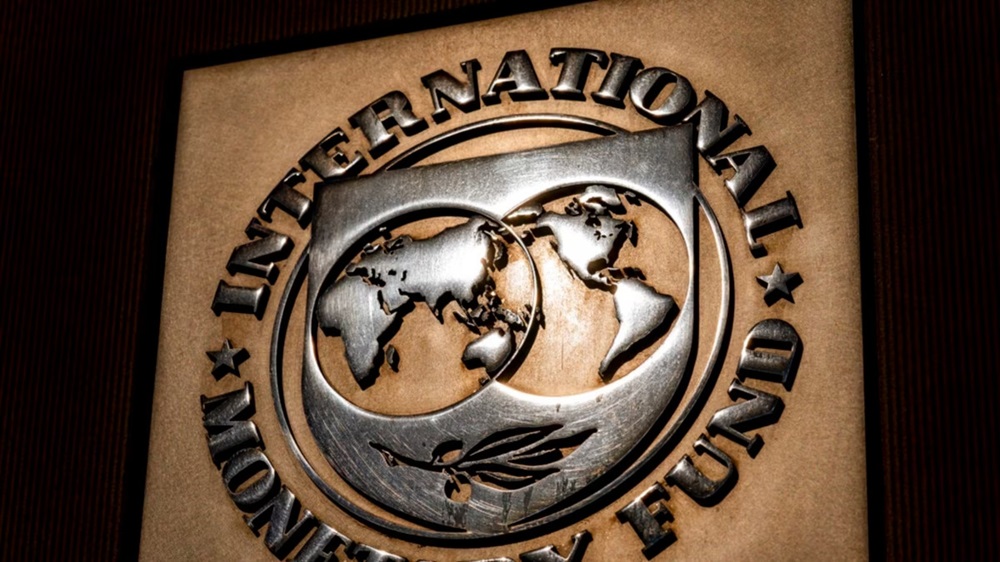The International Monetary Fund is urging Pakistan to double the federal excise duty related to fertilizer and introduction and double a new levy related to pesticides, as the government faces a huge reduction in its annual tax target.
The IMF has suggested that excise duty on fertilizer has increased by 10 % and 5 % duty has been imposed on pesticides, the aim of the measures is to partially meet the expected income gap at a distance of rupees. The Express Tribune reported, 400-500 billion for the financial year.
However, the government has requested that any new tax be postponed by next year, and after the recent flood, citing the weakness of the sector, the water in Punjab eliminated the water at 3.3 million acres and destroyed 27 major agricultural districts.
Only two days are left in the current survey, sources say, the IMF Federal Board of Revenue (FBR) can agree to a slight reduction in the tax target, possibly rupees. Instead of insisting on 167-240 billion, immediately, new steps. FBRS original target RS. 14.13 Tribes are now likely to be revised. 13.89 trillion and rupees. 3.96 trillion, also set for a cut with the sales tax target.
The IMF’s push came to the fore when Pakistan’s agriculture sector’s auxiliary price method and the rising climate shock are the rules of the sudden withdrawal. “We will oppose a move that increases the cost of agricultural inputs, especially when farmers are already struggling,” said Syed Naveed Qamar, a former finance minister and senior PPP leader.
The PPP has permanently resisted new taxes on fertilizers and pesticides, and Prime Minister Shahbaz Sharif has previously asked the IMF to delay such measures.
This problem is not solved, the final results will be deployed .The final will be done in the last draft of the economic and financial policies (MEFP), which will set terms for the next IMF review. If the government’s latest postponement request is accepted, it will market the second time in three months when the IMF has softened its position on the matter.
Meanwhile, the Sindh government has extended the deadline for submitting agricultural income tax declarations for a month, which can comply with the new provincial tax rules introduced under the IMF bailout of $ 7 billion by October 30.
The new focus of the IMF on agricultural taxes has come to the fore when the sector is facing increasing losses and the wider economy is struggling to meet the goals of growth. The fund is now 3-3.5 % of the GDP growth for the current fiscal, which is less than 4.2 % of the government’s goal, which cites large Kharif crops to flood damage and permanent structural challenges.
The IMF says implementation of the effective policy of economic stability and long -term growth is important, and Pakistan is pressured to advance priority treatment and market interference in agriculture.
Both the IMF and the government have cited environmental concerns over excessive use of fertilizers, and argued that a low or zero excise duty distorts the market, prevents innovation and threatens financial stability.

